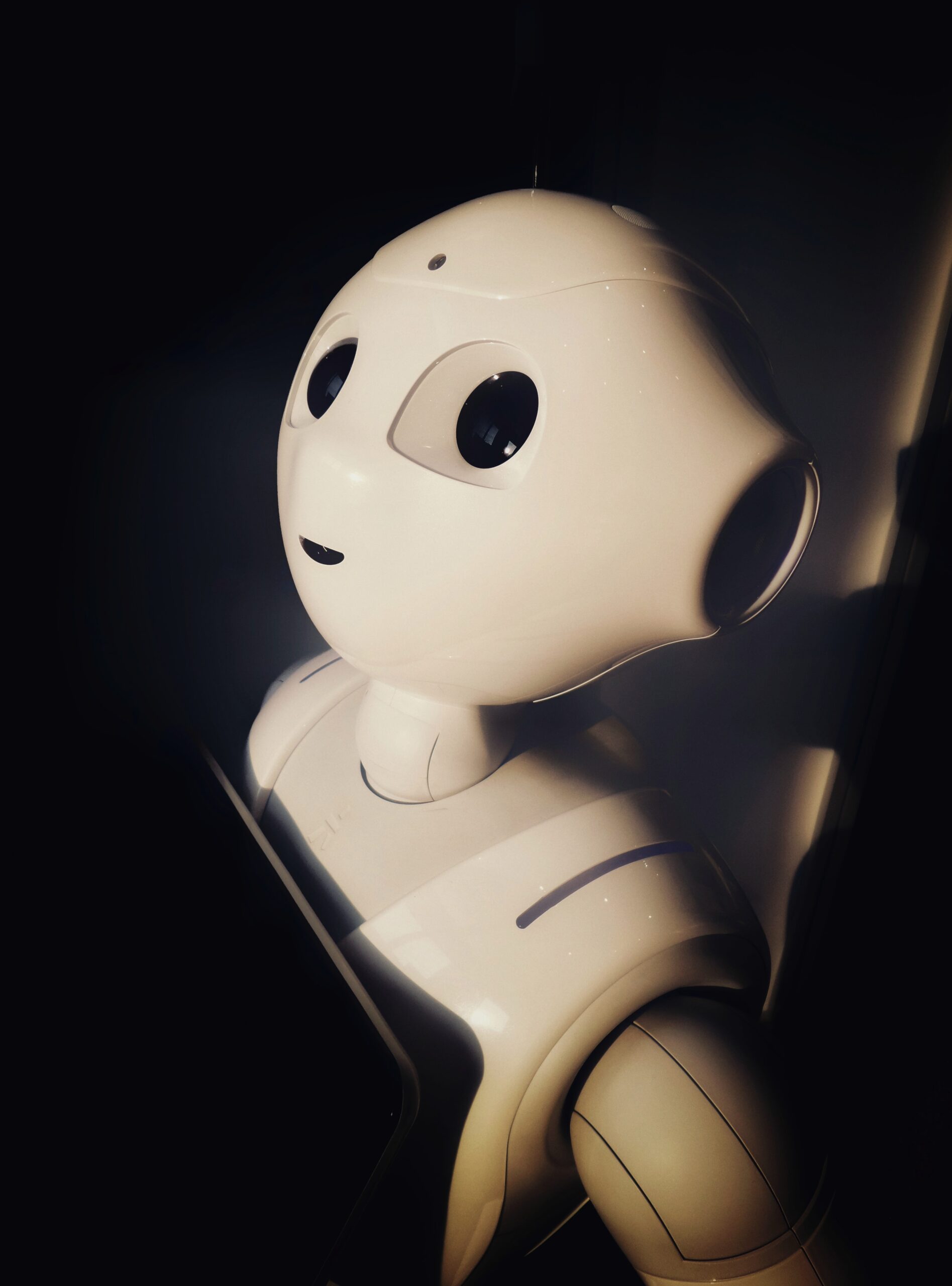Artificial intelligence is based on algorithms that allow machines to mimic a form of real intelligence. This innovative technology helps to minimize error and improve user experience in various fields, including education. So what are the role and impact of AI on education
ARTIFICIAL INTELLIGENCE AT THE SERVICE OF EDUCATION
In the field of education, it is possible to automate certain activities, in particular as regards the corrections of evaluations. 360digitmg is a platform of providing Artificial intelligence course in Bangalore and also makes it possible to personalize learning according to individual needs and assimilation capacities. For example, this new technology can offer students exercises adapted to their level of learning.
Also, the AI can assist the teacher (without replacing him) and allows him to identify in the classes the individuals in difficulty. This technology also frees teachers from repetitive tasks, which helps them personalize and deepen their teaching methods. Artificial intelligence thus opens the door to adapted and customizable learning making it possible to shape learning paths and orient them according to the feedback from learners.
THE IMPACTS OF ARTIFICIAL INTELLIGENCE ON EDUCATION
Based on an educational triangle (teacher, learner and knowledge), it is possible to categorize the impacts of AI on education.
IMPACT OF AI ON THE TEACHER
AI ensures the development of several technologies that are likely to replace the predictable and repetitive tasks of teachers. This involves, for example, automating certain tasks with little added value, such as exam corrections which consume a lot of teachers’ time. However, the teacher’s work goes far beyond the spectrum of automated tasks. Beyond a master conveyor of knowledge, the teacher of the 21st century is a student guide and a creator of a learning environment. Empathy, benevolence, cognitive flexibility and critical judgment are all human qualities that are difficult to reproduce in artificial intelligence, which plays a support role rather than a replacement.
IMPACT OF AI ON THE STUDENT
For several years now, MOOCs have been very successful with students who can learn what they want, when they want and, above all, at the pace that suits them. However, the freedom of choice and the abundance of opportunities can create confusion about what to learn. AI can help prevent this phenomenon while offering sequences of exercises or lessons that are more relevant to the student. Also, intelligent tutors could predict when the student starts to lose interest and alert their teachers, to prevent a possible decline in motivation.
IMPACT OF AI ON KNOWLEDGE
The impact of artificial intelligence on knowledge seems to be on two levels: first, the training that students should receive to understand and use AI. Then there is the knowledge that humans should have to live in a world where AI is set to become ubiquitous, in an increasingly digital world. It is therefore important that teaching programs adapt to them to meet the students’ need for expertise or the development of critical thinking.
ARTIFICIAL INTELLIGENCE IN EVERYDAY LIFE
Artificial intelligence would not be what it is today either without the work carried out by Google, Microsoft, Apple, Facebook or even Amazon. Companies with diverse activities, but who nevertheless share the same advantage when it comes to AI. Every day, in more or less transparent ways, all of them collect millions of data via their respective activities: Android, Search, Youtube or even Gmail for Google, Facebook for the company of the same name, etc. These data are thus used to improve the services through which they are collected using deep learning., but also to create others that we now use daily. It is therefore mainly thanks to these initiatives that artificial intelligence has ended up leaving the laboratories of the largest IT groups to meet the general public.











